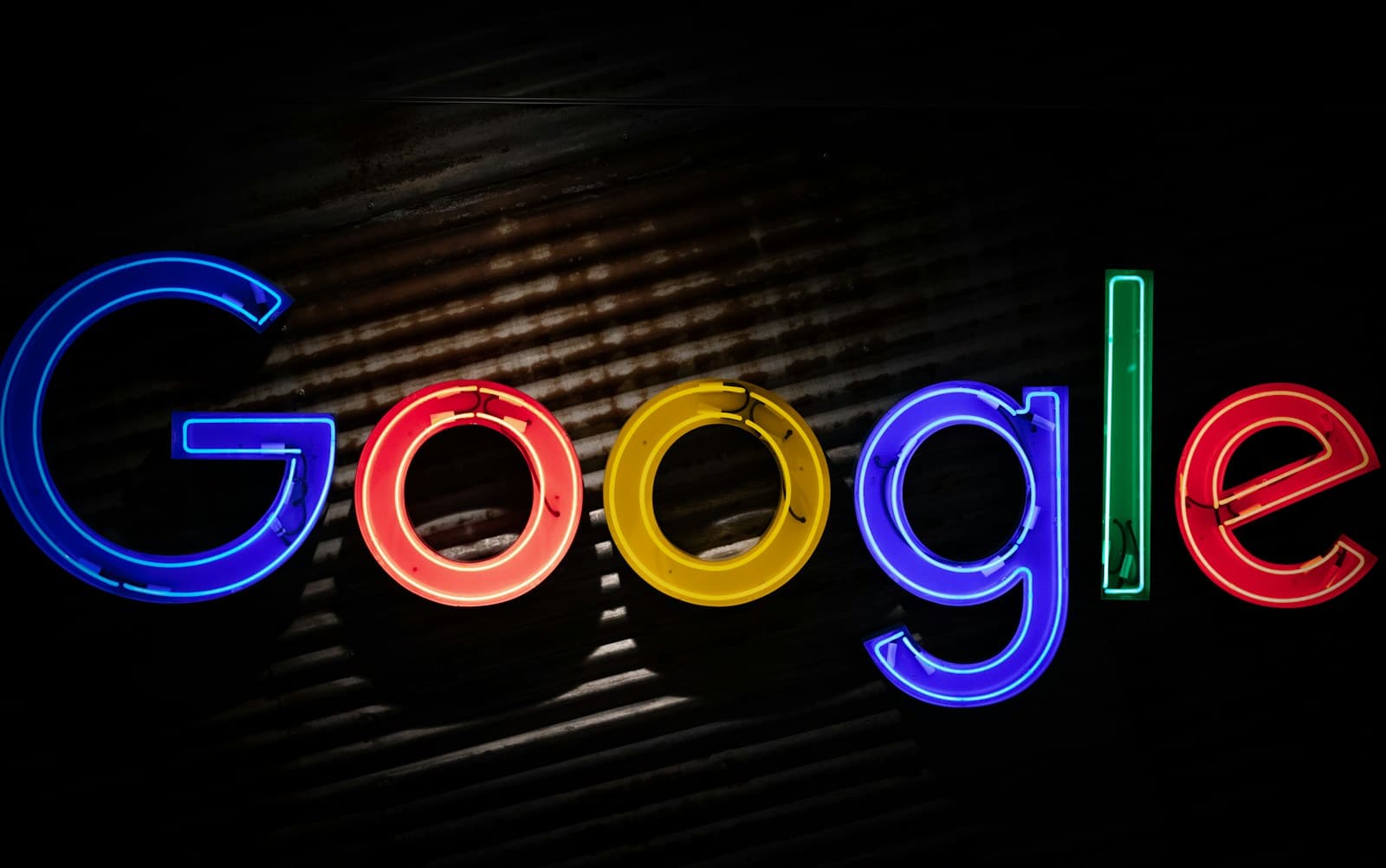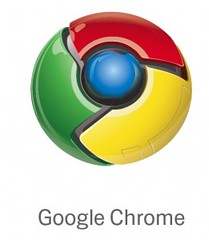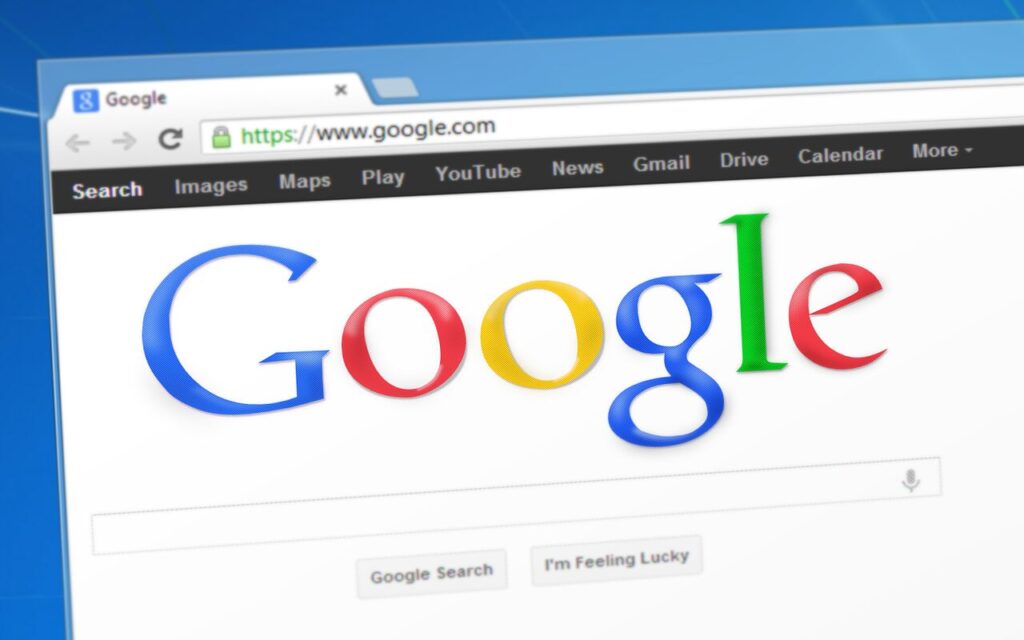Physical Address
304 North Cardinal St.
Dorchester Center, MA 02124
Physical Address
304 North Cardinal St.
Dorchester Center, MA 02124

A federal judge delivered a major ruling on Tuesday that allows Google Allowed Keep Chrome browser, rejecting the U.S. government’s push to break up the tech giant. The decision came after months of legal battles over whether Google’s control of both search and browser markets created unfair competition.
The judge ruled that Google can retain Chrome and Android but must stop making exclusive deals that make its search engine the default on phones and other devices. This compromise approach means Google avoids the breakup scenario that many feared would reshape the entire tech industry.
The 200-page ruling also requires Google to share some of its valuable search data with competitors. While Google keeps Chrome and its Apple partnership, the company faces new restrictions on how it can operate its search business going forward.

U.S. District Judge Amit Mehta issued a 230-page ruling on Tuesday that rejected the Department of Justice’s demand to force Google to sell Chrome. The judge ruled against breaking up Google but imposed other penalties including bans on exclusive search deals and requirements to share search data.
Judge Amit Mehta delivered a mixed ruling that favored Google on major structural changes while imposing operational restrictions. The judge rejected the Justice Department’s effort to force Google to sell its popular Chrome browser, calling the request too extreme.

Key Decisions:
The ruling came nearly a year after Mehta previously found that Google holds an illegal monopoly in internet search. Despite this monopoly finding, he concluded that forced divestiture went too far.
Mehta wrote that “Plaintiffs overreached in seeking forced divestiture of these key assets.” He noted that Google did not use Chrome or Android to create illegal restraints on competition.
Judge Mehta based his decision to let Google keep Chrome on several key factors. He determined that the Department of Justice demanded too much when asking for Chrome’s sale.

The judge found that Chrome itself was not the primary tool Google used to maintain its search monopoly. Instead, the illegal behavior centered on exclusive contracts that prevented competitors from gaining market access.
Chrome’s Role Analysis:
Mehta also considered the rise of artificial intelligence in search. AI chatbots like ChatGPT and Perplexity are chipping away at Google’s lead in the search space, with one in four web users now using AI for online searches.
This growing competition influenced his decision that breaking up Google was unnecessary. The market dynamics are already shifting due to new AI-powered search alternatives.
The ruling imposed significant restrictions on Google’s business practices while allowing it to maintain its core assets. Google can’t engage in exclusive search deals moving forward.
Contract Restrictions:
Google has spent billions ensuring its search engine became the default on browsers like Apple’s Safari and Mozilla’s Firefox. These deals helped maintain Google’s dominance in online search.
The judge will allow these arrangements to continue under new terms. Google can pay others to include its search engine, but contracts must permit developers to use alternative products outside Google’s ecosystem.
Data Sharing Requirements:
The ruling made it easier for device makers to load apps from Google’s rivals by preventing exclusive arrangements that blocked competition.
The ruling creates mixed outcomes for Google’s business operations while opening new pathways for competitors to access search data. Google gets to keep Chrome but faces restrictions on exclusive deals and mandatory data sharing requirements.
Google’s search advertising revenue remains largely protected under the new ruling. The tech giant can continue operating its core search business without major structural changes to its advertising model.
However, the ban on exclusive deals eliminates Google’s automatic default status on devices. This change affects billions of dollars in payments Google previously made to companies like Apple for prime placement.
Search advertising competition may increase as rivals gain access to Google’s search data. The judge’s requirement to share data with qualified competitors could help smaller search engines improve their services.
Key market changes include:
The online search monopoly structure begins to weaken as competitors receive tools previously unavailable to them.
Artificial intelligence companies stand to benefit significantly from mandatory data sharing requirements. ChatGPT’s parent company and other AI developers can now access Google’s search information to improve their systems.
Google’s own AI products like the Gemini app and Google Assistant may face increased competition. The data sharing mandate gives rivals insights into search patterns and user behavior.
Perplexity and similar AI-powered search tools gain new opportunities to compete directly with Google’s traditional search model. These companies can now build better responses using Google’s own search data.
The ruling arrives as artificial intelligence reshapes how people find information online. Traditional search engines compete against chatbots that provide direct answers rather than lists of links.
DuckDuckGo benefits from the end of exclusive default agreements on devices and browsers. Users will see more options when choosing their preferred search engine for the first time.
The privacy-focused search engine can now compete on equal footing for default positions previously locked up by Google’s payments to device makers.
Perplexity gains access to Google’s search data through the court-mandated sharing program. This information helps the AI-powered search platform improve its answer quality and compete more effectively.
Competitive advantages for rivals:
Smaller search engines receive their biggest opportunity in decades to challenge Google’s market position without facing automatic disadvantages.
Alphabet plans to appeal the decision despite avoiding the worst-case scenario of selling Chrome. The company argues that forced data sharing violates competitive principles and user privacy.
The appeals process could take years to resolve through higher courts. Google may seek to delay implementation of data sharing requirements during this period.
Future antitrust enforcement against big tech companies will likely reference this case as precedent. The ruling’s approach of limiting exclusive deals while preserving company structure creates a new model for government intervention.
Timeline expectations:
Other technology companies face similar scrutiny as regulators apply lessons learned from Google’s case to future monopoly investigations.
The court decision allows Google to keep Chrome while requiring the company to share search data with competitors and avoid exclusive distribution deals. These changes aim to increase competition without forcing Google to sell its popular web browser.
Judge Mehta’s ruling allows Google to keep its Chrome browser despite the Justice Department’s request for divestiture. The court found that forcing Google to sell Chrome would be “incredibly messy and highly risky.”
The judge determined that Chrome doesn’t operate as a standalone business. It relies heavily on Google’s infrastructure, making a sale potentially harmful to users.
The ruling requires Google to share some search data with qualified competitors at marginal cost. This includes a one-time snapshot of various search information to help rivals compete more effectively.
Google must also avoid making exclusive deals that could block competitors from distributing their search or AI products. However, the company can still pay distribution partners for search placement.
Google can continue paying companies like Apple and Mozilla for default search placement on their browsers and devices. The court ruling maintains these revenue-sharing arrangements.
The company must provide competitors with access to certain search data. This represents a significant change from Google’s previous practice of keeping this information private.
Google faces restrictions on exclusive distribution agreements for its search and AI assistant products. These limitations aim to prevent the company from blocking rivals’ access to users.
The ruling allows Google to price syndicated search results above marginal cost for competitors. This requirement lasts for five years rather than the 10 years the government requested.
The Justice Department wanted Google to sell Chrome, arguing it serves as a key access point where Google prioritizes itself. Judge Mehta rejected this proposal as too extreme for the violations found.
Regulators sought periodic access to fresh search data for competitors. The court granted only a one-time data snapshot to minimize concerns about free riding on Google’s investments.
The government requested a 10-year period for syndicated search results. The judge limited this requirement to five years with pricing flexibility for Google.
Exclusive payment arrangements became a central issue. The court preserved Google’s ability to pay for default placement while restricting exclusivity deals.
Users will continue accessing Chrome without disruption since Google retains ownership of the browser. The judge cited concerns that divestiture could lead to “substantial product degradation.”
Chrome’s integration with Google’s infrastructure remains intact. This preserves existing features and functionality that users currently enjoy.
Consumers may eventually see improved competition in search engines. The data-sharing requirements could help rivals develop better search products over time.
Default search arrangements on devices and browsers stay unchanged. Users will still see Google as the default search engine on many platforms.
Chrome maintains its market position without forced divestiture. This preserves Google’s advantage in the browser market while addressing search monopoly concerns.
Competitors gain access to some Google search data to improve their services. However, critics argue this won’t effectively restore competition in search or AI markets.
The ruling may encourage innovation in AI-powered search tools. Recent venture funding in generative AI creates better conditions for companies to compete with Google.
Browser makers like Mozilla and Apple continue receiving payments from Google. This maintains their current revenue streams while allowing some competitive measures.
Google can appeal the underlying monopoly finding now that the remedies phase is complete. The case could potentially reach the Supreme Court through the appeals process.
The company must implement data-sharing requirements for qualified competitors. Google needs to develop systems to provide the required search information at marginal cost.
Google can continue its current payment arrangements with distribution partners. The company may negotiate new deals within the court’s guidelines on exclusivity restrictions.
The tech giant faces years of potential legal battles before final implementation. Even with the current ruling, actual enforcement could be delayed through appeals and compliance negotiations.